In the microscopic world, adenoviruses, tiny and mysterious viruses, have been the focus of extensive scientific attention for their antigenic properties and their applications in medicine. Through several research experiments and discoveries by academic institutions, the six-neighborhood protein of adenoviruses has been confirmed to be the common antigenic site of all adenoviruses, demonstrating impressive immune properties and diagnostic potential.
Similar protein composition
A study by Prof. Harold S. Ginsberg of Columbia University, USA, found that the protein compositions presented during the expression of adenovirus type 2 and adenovirus type 5 at different times were similar. More interestingly, amino acid sequence comparison of the six-neighbor proteins of adenovirus types 2, 3, and 5 showed that there was no significant difference between all amino acids. This demonstrates the similarity of adenoviral six-neighbor proteins across types and their prevalence in the adenoviral community. 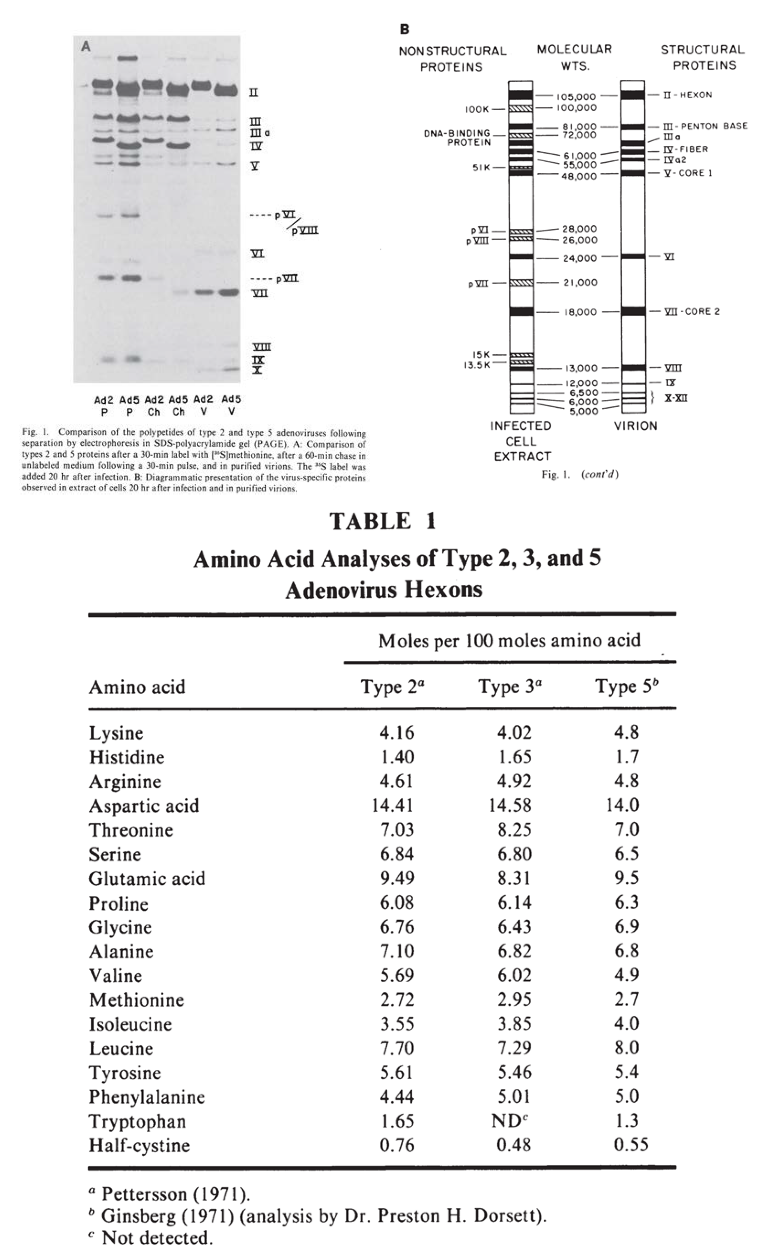
The broad spectrum of immune responses
In studies at MIT and Semmelweis University Medical School, monoclonal antibodies produced with the adenovirus type 2 six-neighbor protein were able to trigger immune responses against different types of adenovirus. Even more strikingly, these immune responses were not limited to human adenoviruses but also encompassed some adenoviruses of animal origin, such as apes, camels, cattle, pigs, and mice. This finding demonstrates the universality of the adenovirus six-neighbor protein as a common antigenic site for all mammalian adenoviruses.
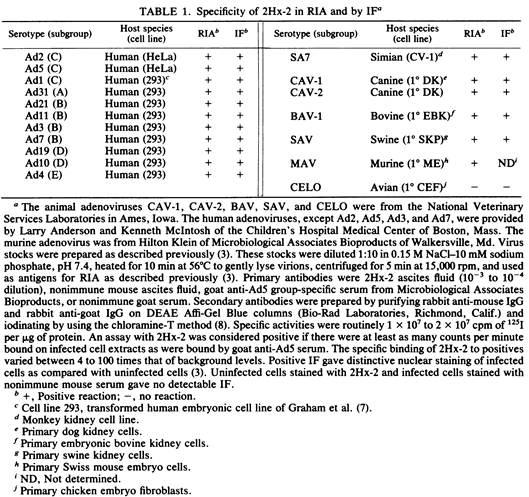
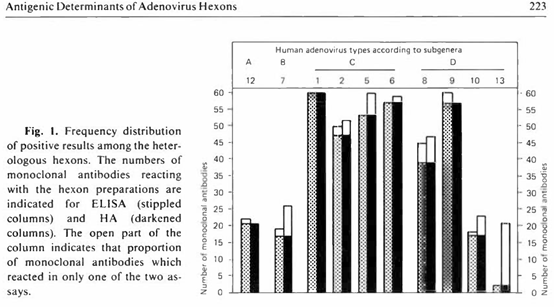
Critical Medical Applications
The antigenicity and diagnostic applications of adenovirus hexa-neighboring proteins were further emphasized in a study by Prof. Zhou Rong et al. from China at the First Affiliated Hospital of Guangzhou Medical University. Their study confirmed that adenovirus hexa-neighboring proteins containing type, inter-type, and group-specific antigenic epitopes can be used as raw materials for various adenovirus serotyping assays. ELISA kit assays showed high sensitivity to different types of adenovirus-infected sera, and immunoblotting experiments confirmed their effectiveness in immune responses.
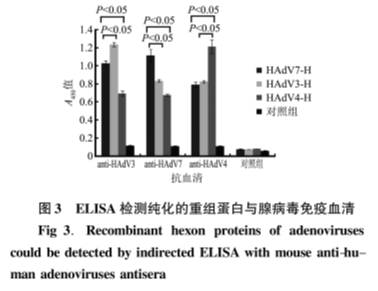
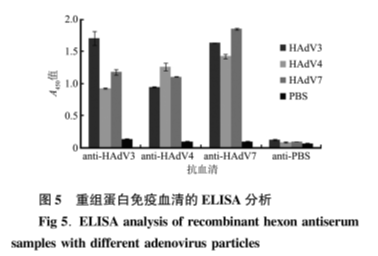
Advantages of natural antigens
The unique structure of the adenovirus six-neighborhood protein forms the basis of its natural antigenic properties. This natural antigenic nature makes it an excellent choice for the development of vaccines and diagnostic reagents. The hexa-neighborhood consists of a base and a tip, and in the base portion contains an antigenic site common to all adenovirus types. This antigenic site is localized to play a key role in the diagnosis of adenoviral infectious diseases.
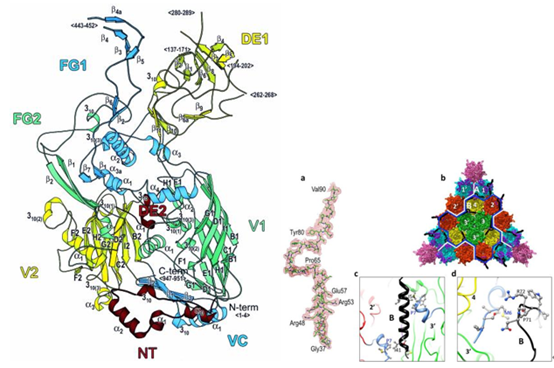
Detection of various infectious diseases
According to domestic and international research, adenovirus six-neighbor protein is not only a common antigenic epitope for all types, but also a natural antigen, which contains inter-type and group-specific antigenic epitopes, and can be widely used in the detection of different types of adenovirus infectious diseases. It is widely used in the diagnosis of different types of adenovirus infectious diseases, including respiratory, ocular, urinary and gastrointestinal systems.
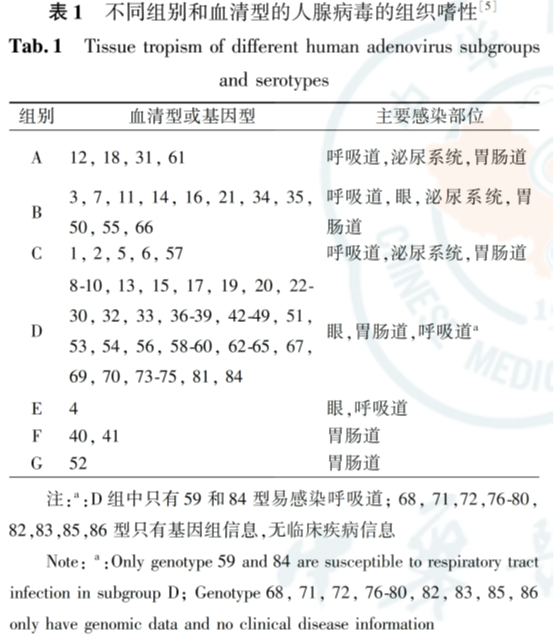
In summary, adenovirus six-neighbor protein, as a common antigenic site for all adenoviruses, has a wide range of applications in the medical field.





